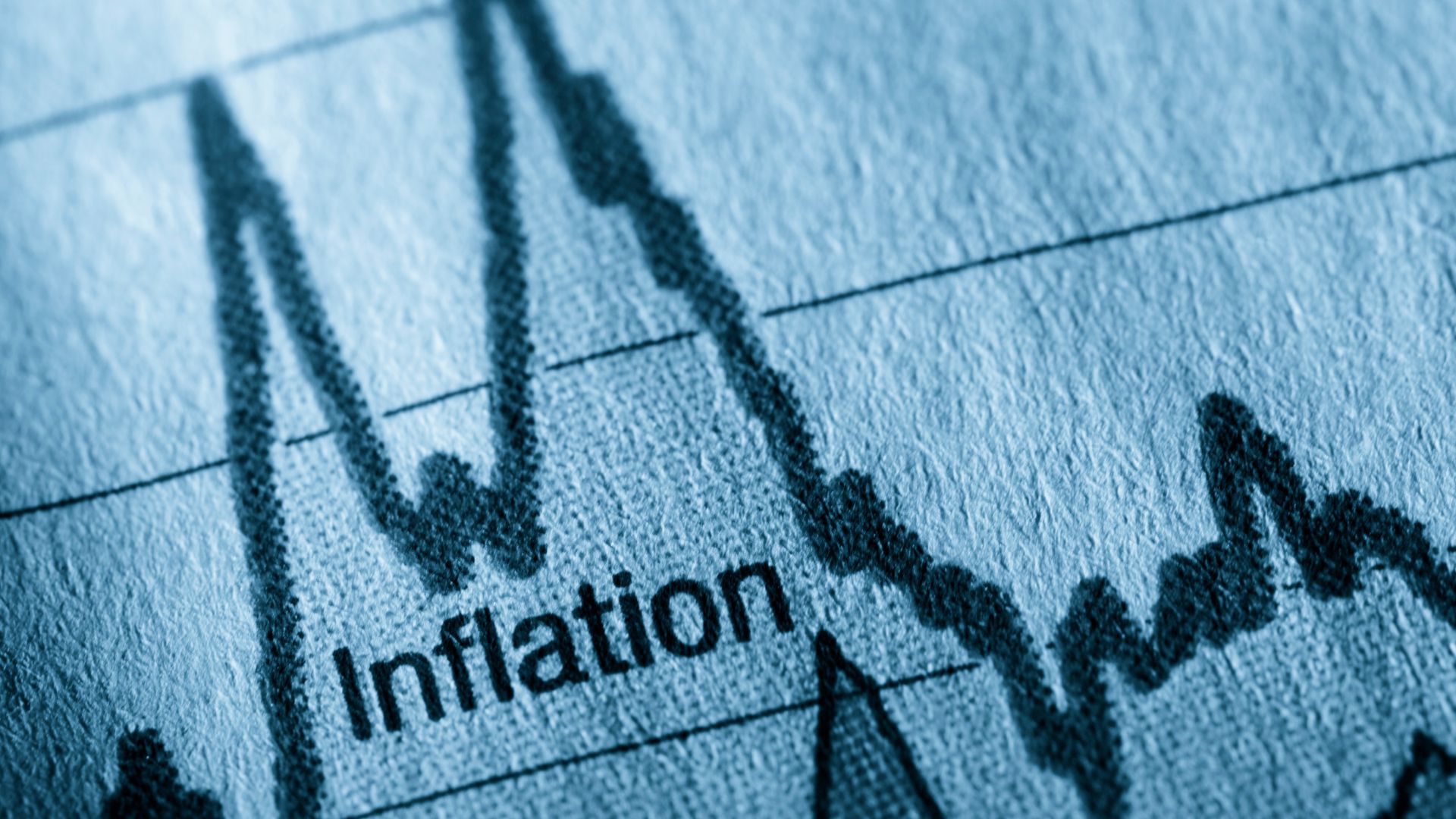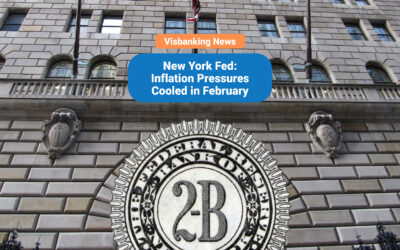Estimated reading time: 2 minutes
By: Ken Chase
The world’s ongoing fight against stubbornly high inflation is likely to result in a global recession, according to economic forecasters from the Centre for Economics and Business Research (CEBR). The British consultancy recently forecast that global economic growth will plummet in 2023, as borrowing costs continue to increase in response to rising interest rates.
That forecast comes as the world’s economy grew to more than $100 trillion this year. However, that growth was accompanied by increased inflation that led central banks throughout the developed world to hike interest rates in an attempt to cool their economies and control rising prices. Unfortunately, those rate hikes have thus far been met with mixed success, and most analysts expect even more aggressive inflation-fighting efforts in the coming months.
In a recent report, the CEBR acknowledged the ongoing efforts to control inflation, noting:
“The battle against inflation is not won yet. We expect central bankers to stick to their guns in 2023 despite the economic costs. The cost of bringing inflation down to more comfortable levels is a poorer growth outlook for a number of years to come.”
CEBR forecasts rely on international Monetary Fund data for analysis and forecasts. The IMF has also predicted a likely recession next year, with a serious one-third contraction of the global economy. The CEBR forecast is even gloomier than the IMF’s projections.
The CEBR forecast includes a number of other areas of interest as well, including a revision of the group’s earlier projection that China would become the largest economy by 2030. The new forecast has pushed that date back to 2036, with the possibility that China’s efforts to overtake the American economy could take even longer if it decides to force a conflict over Taiwan.
The CEBR also projects that India’s economy will most likely become the third largest over the next ten years, while many resource-rich countries in the developing world will experience significant economic growth as the global economy continues its transition to renewable energies.




